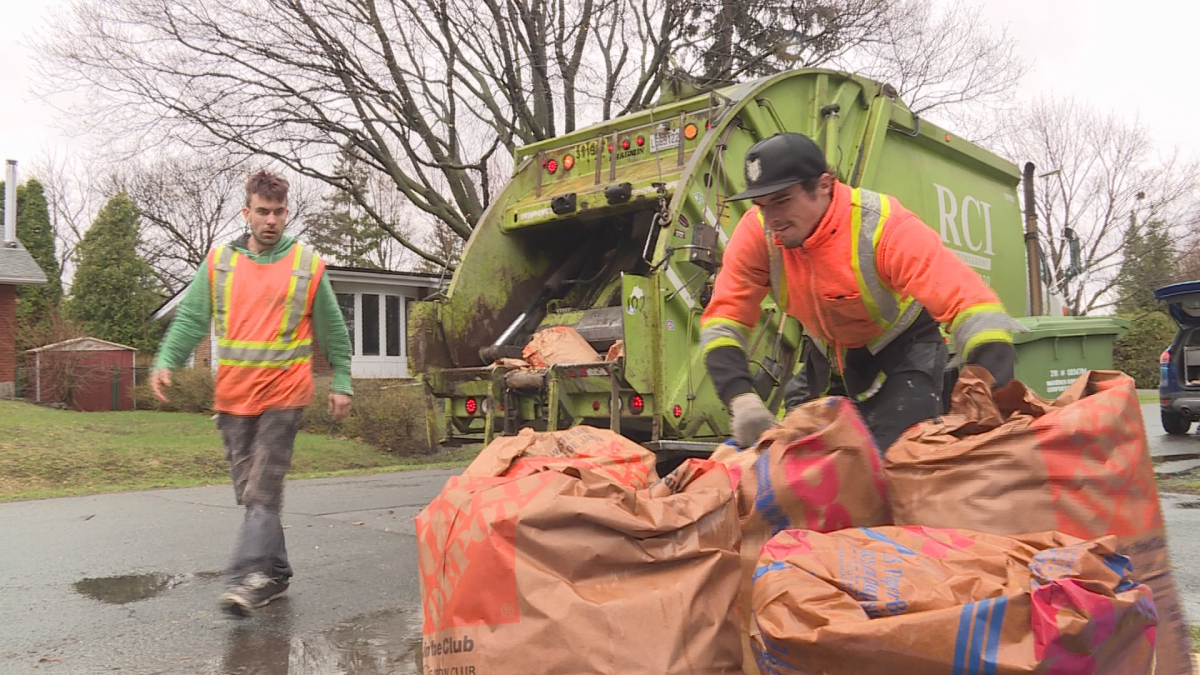Not all Pointe-Claire residents are diligent when it comes to recycling and composting.

“No they’re not,” says resident Sheila Latham emphatically. “In fact, I have a neighbour who uses his blue bin as a garbage can, and he puts it out on blue bin days and it goes into the recycling truck.”
This, and a random survey of household garbage in the municipality suggests that it still has work to do.
According to the study, 45 per cent of garbage should have been composted while another 20 per cent should have been recycled or disposed of safely. Latham is concerned that some people just aren’t separating their garbage.
“I don’t know — how do you get your neighbours to do it, you know?”

Get daily National news
That’s why Pointe-Claire carried out the survey.
Mayor John Belvedere explains that “the reason for it, first of all, is so that we get a better understanding of what’s going in the garbage, what’s going in the recycling,” so that they can find more effective ways to encourage more residents to waste less.
But in spite of the gaps, they are doing better at meeting Quebec waste collection targets than most other areas on the island, especially when it comes to recycling.
“We’re actually meeting our ratios right now,” Belvedere says, “and we came in second on the island of Montreal. “But, there’s still room for improvement.”
Latham is happy with what the city is doing but doesn’t want the city to start punishing the delinquents.
“I don’t know if I’d want to see fines coming out,” she says.
But she has one criticism. She doesn’t think it’s clear enough where the material goes, especially the recyclables. People like her neighbour, don’t seem to know.
“He says it all goes to the same place anyway,” she grins.
Pointe-Claire will do another series of studies this year between May and September, and they hope to see an improvement in the results from last year.






Comments